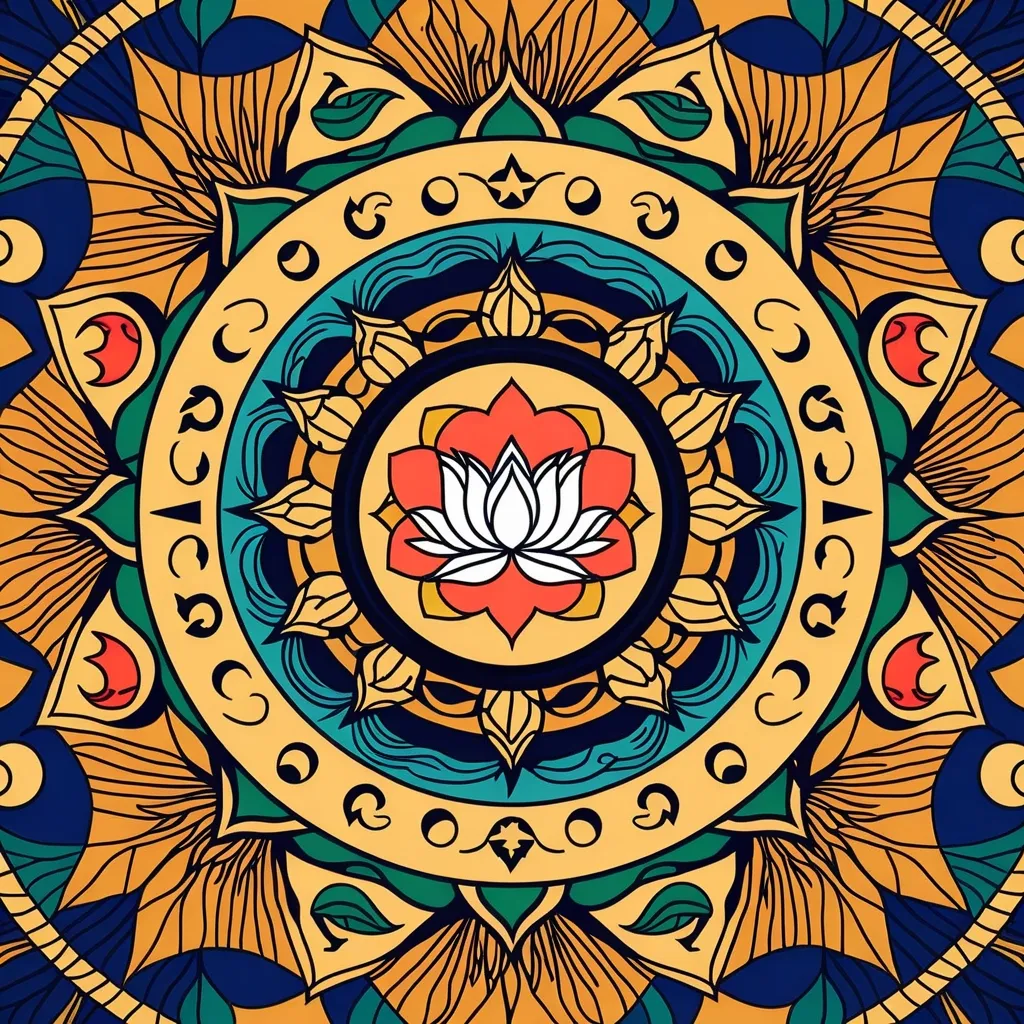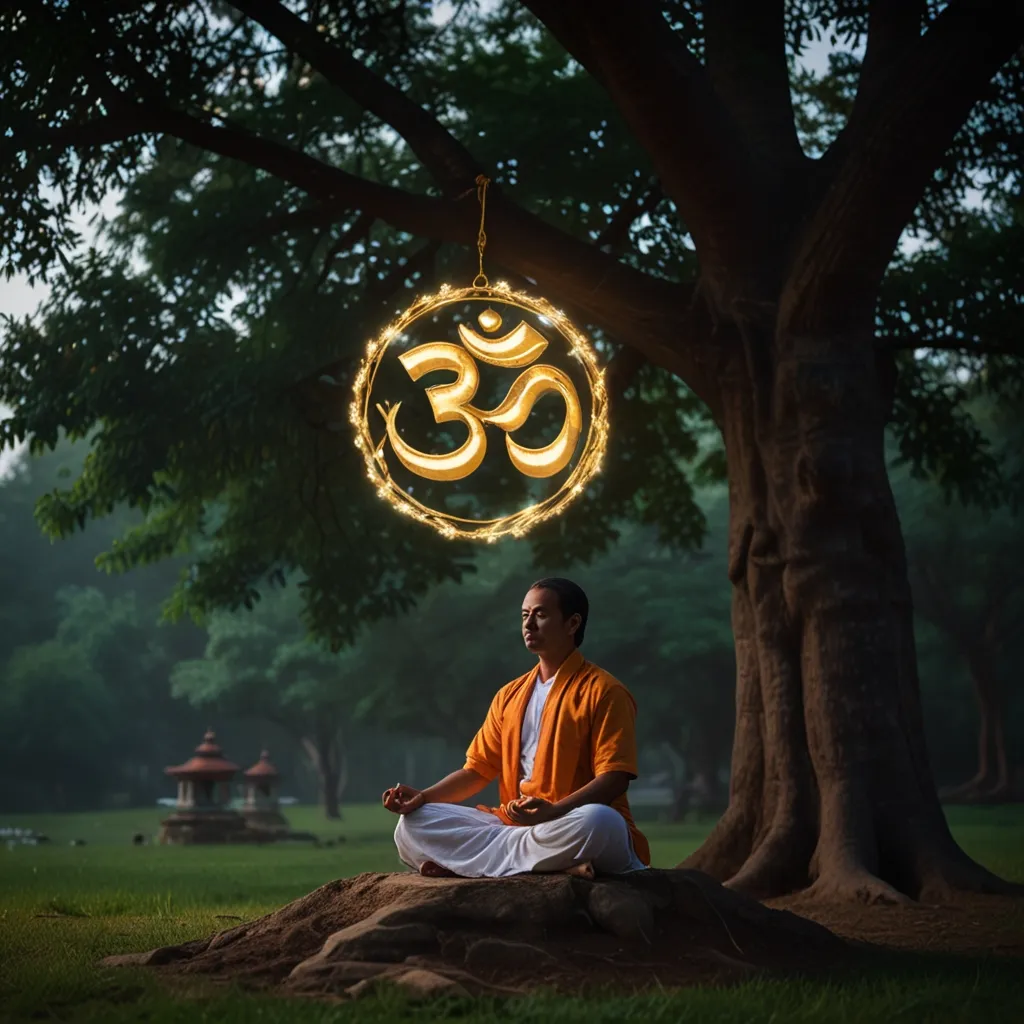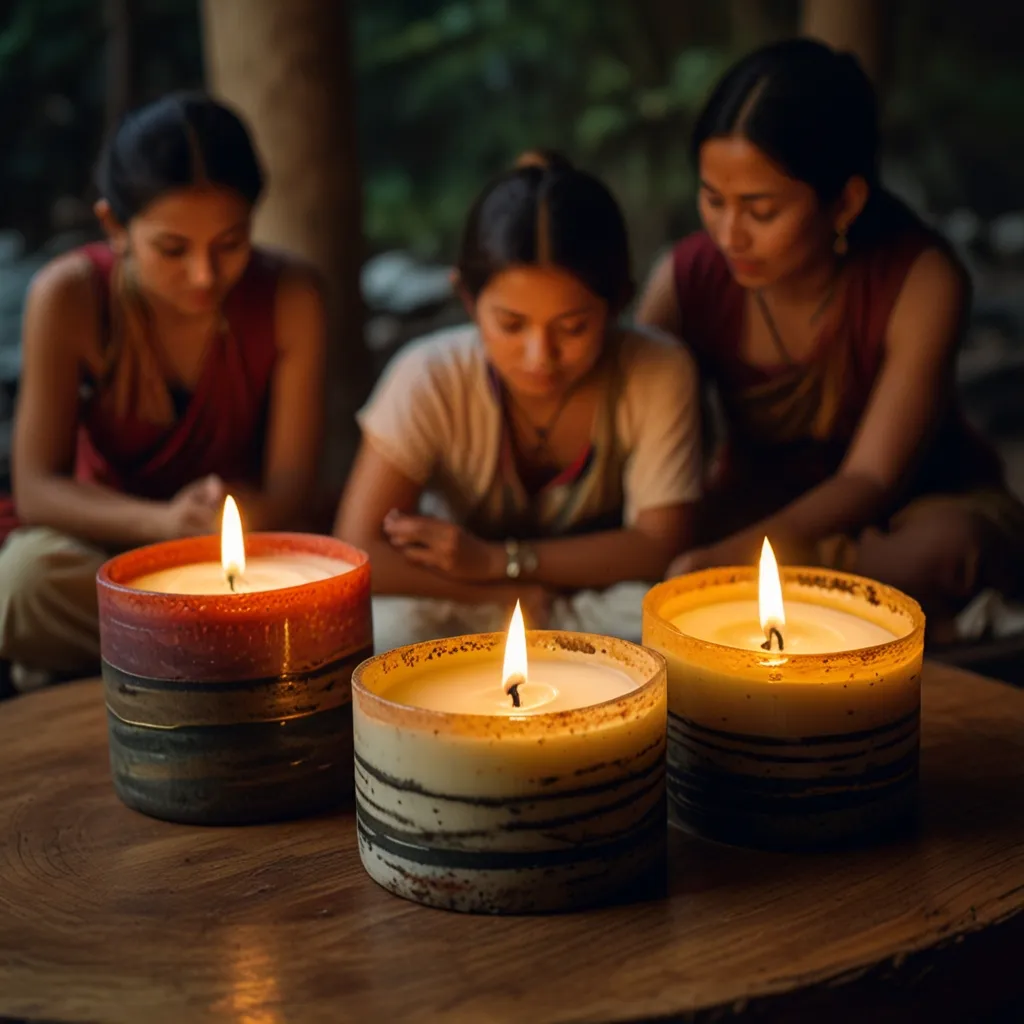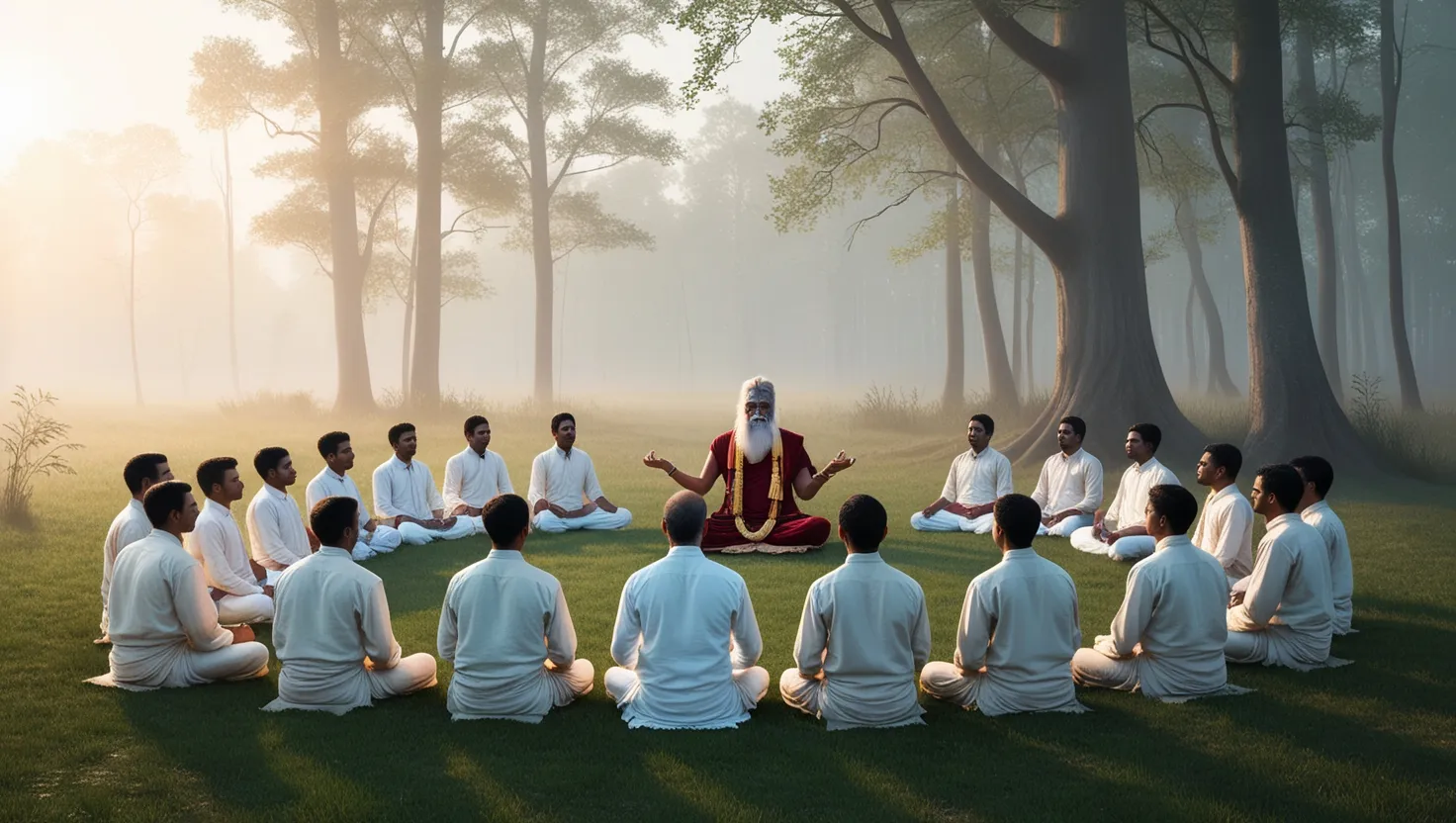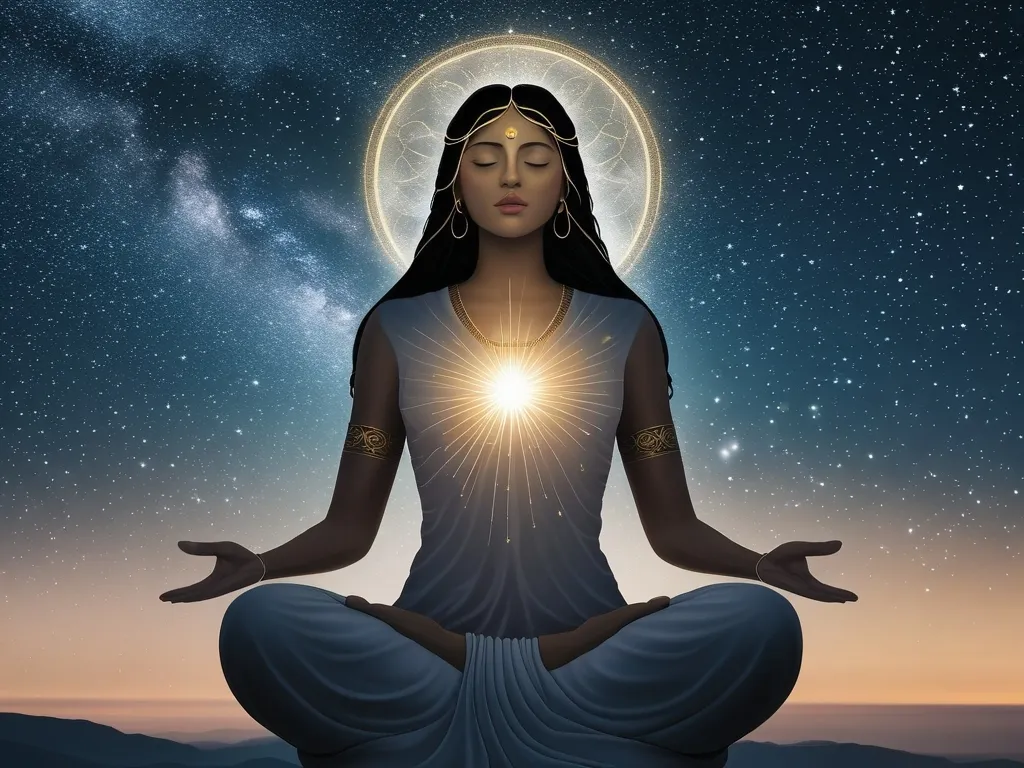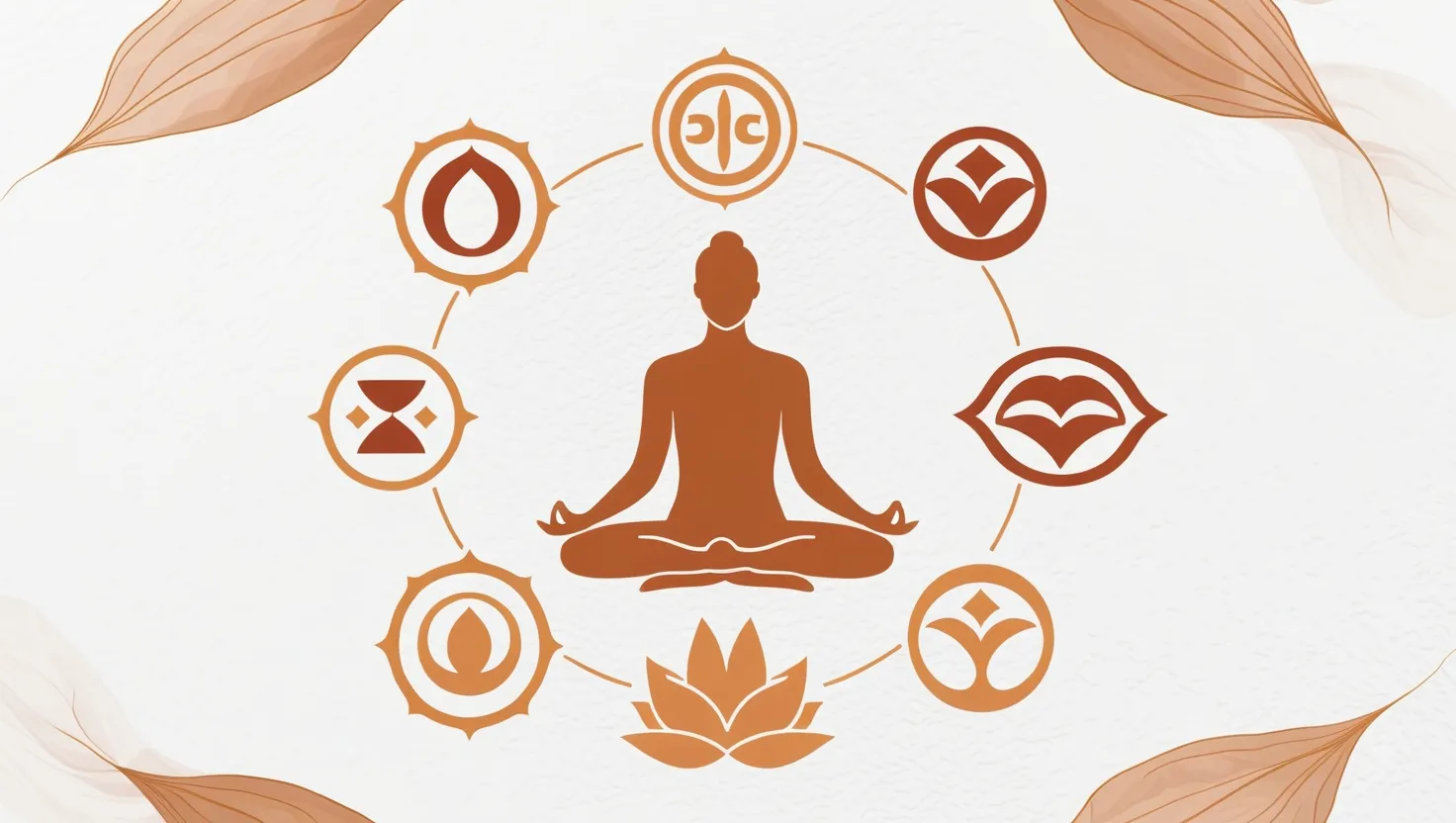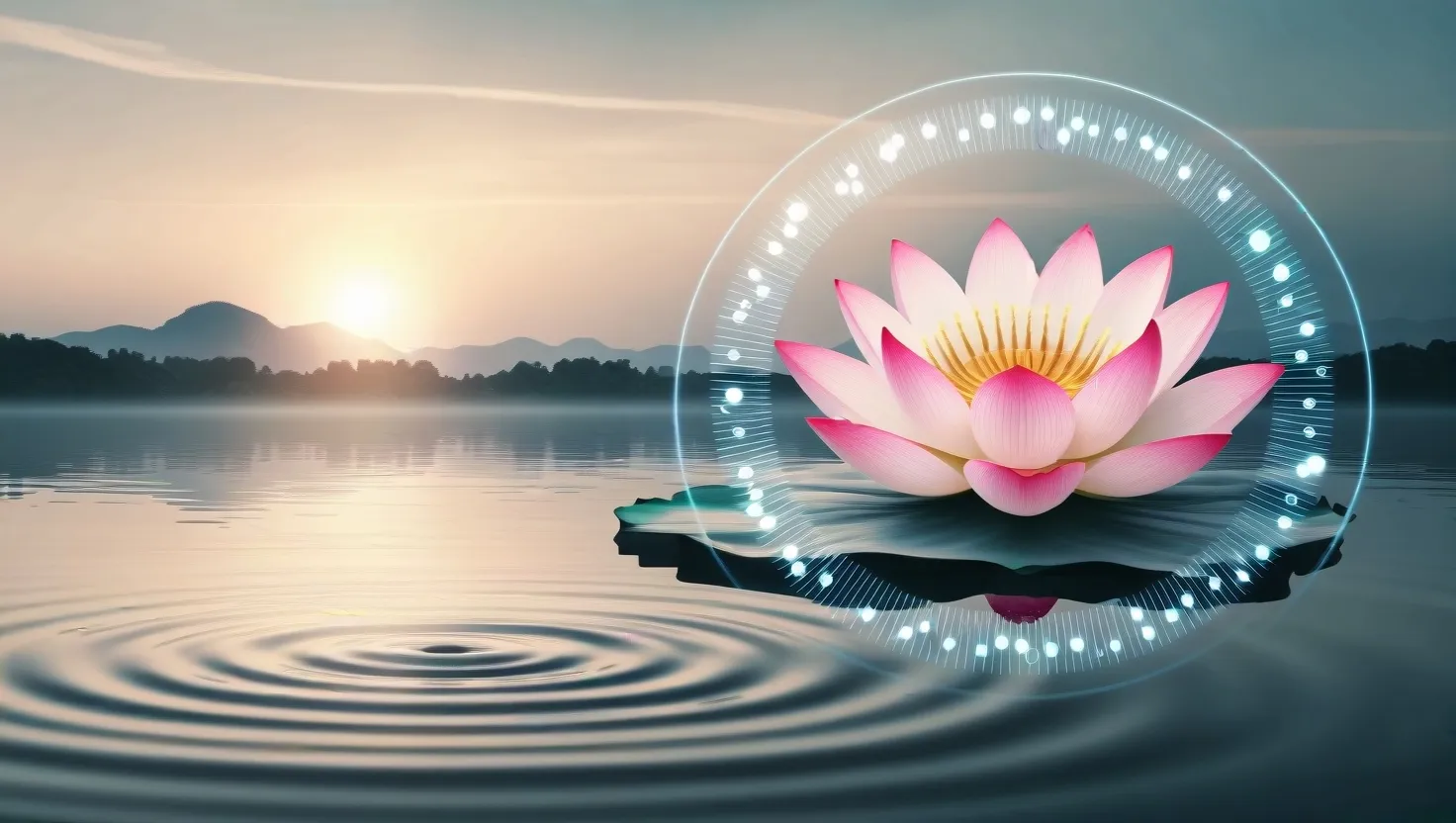The Allure of Hindu Spirituality: A Journey into Divine Wisdom
Hindu spirituality has been captivating hearts and minds across the globe for ages. It’s not just some dusty old religion - it’s a vibrant, living way of life that offers deep insights into who we are and why we’re here. Let’s dive into this fascinating world and see why it’s got everyone buzzing.
First off, Hindu spirituality is like a cosmic buffet of divine goodness. Instead of one big boss in the sky, you’ve got a whole pantheon of gods and goddesses. Each one’s got their own personality and job description. Take Ganesha, the elephant-headed dude who’s all about removing obstacles. Or Shiva, the cosmic dancer who’s both creator and destroyer. And then there’s Krishna, the blue-skinned charmer who’s all about divine love.
But here’s the kicker - these gods aren’t just hanging out in some far-off heaven. Nope, they’re right here with us, chilling in the most unexpected places. You might spot Ganesha at the airport, keeping an eye on your luggage. Or find Krishna riding shotgun in a taxi, making sure you get to your destination safely. It’s like having celestial buddies looking out for you 24/7.
This whole “gods are everywhere” thing makes Hindu worship feel super personal and cozy. It’s not about sitting in a pew and listening to someone drone on. It’s a full-on sensory experience. You’ve got incense tickling your nose, butter lamps flickering, bells ringing, and some serious chanting going down. And the gods? They’re not some untouchable beings. Nah, people deck them out in colorful powders and flower necklaces, treating them like favorite aunts and uncles at a family reunion.
But Hindu spirituality isn’t just about hanging with the gods. It’s also about figuring out who you really are. It’s like a spiritual treasure hunt, and you’re both the seeker and the treasure. This journey is all about embracing the messy, complicated bits of life. Hinduism doesn’t try to smooth everything out into neat little boxes. Instead, it’s like, “Hey, life’s complex. Let’s roll with it.”
Take karma and reincarnation. These concepts suggest that everything we do has consequences, not just in this life, but in future ones too. It’s like a cosmic game of cause and effect. The ultimate goal? To break free from this cycle and achieve moksha - spiritual liberation. But here’s the cool part - there’s no one-size-fits-all path to get there. It’s your journey, your rules.
Then there’s dharma - your personal duty or purpose. But it’s not about following a bunch of strict rules. It’s more like tuning into your inner compass and figuring out what feels right for you. It’s about living your truth, not someone else’s idea of what you should be.
Now, let’s talk about desire. In many cultures, desire gets a bad rap. It’s seen as something to be suppressed or overcome. But in Hinduism? Desire, or kama, is celebrated as one of life’s big goals. And we’re not just talking about sexy time (although that’s part of it). Kama is about embracing all the good stuff life has to offer - pleasure, enjoyment, fulfillment. It’s like Hinduism is saying, “Hey, life’s short. Enjoy the ride, but don’t forget to be a decent human while you’re at it.”
The ancient Hindu texts, the Vedas, are like a spiritual Swiss Army knife. They’ve got everything from astronomy to medicine, law to mathematics. But the real gold is in their spiritual teachings. They talk about the eternal nature of the soul and the importance of understanding your true self. And get this - they’re cool with other religions too. As long as you’re trying to connect with the divine, you’re on the right track.
Hindu epics like the Mahabharata and Ramayana are basically the original Netflix binge-worthy series. These stories are packed with drama, action, and some serious life lessons. You’ve got characters like Arjuna and Rama who aren’t just heroes - they’re like mirrors reflecting our own strengths and flaws. Reading these stories is like getting a crash course in what it means to be human.
Then there are the Upanishads, part of the Vedas, which dive deep into the nature of reality. They explore the relationship between Brahman (the ultimate reality) and Atman (the individual self). It’s some heavy philosophical stuff, but it’s also deeply personal. It’s all about realizing that at our core, we’re all connected to the divine.
One of the coolest things about Hinduism is how inclusive it is. It’s like the chill host at a party who’s cool with everyone. This openness makes it super appealing to people who are tired of religious intolerance and want a spiritual practice that respects different paths.
And let’s not forget about the festivals! Diwali, the festival of lights, is like Christmas, New Year’s, and the Fourth of July all rolled into one. It’s a time to celebrate good triumphing over evil, knowledge over ignorance, and light over darkness. But it’s not just about philosophical concepts - it’s a time for family, friends, and community to come together. It’s about reinforcing those values of love, compassion, and unity that are at the heart of Hindu spirituality.
What really sets Hindu spirituality apart is how it makes the divine feel accessible and tangible. It’s not about worshipping some distant, unknowable force. It’s about bringing the spiritual into everyday life. Whether you’re offering flowers to a deity, celebrating a festival, or practicing yoga, you’re connecting with something greater than yourself.
In a world that often feels disconnected and chaotic, Hindu spirituality offers a way to find meaning and connection. It’s a path that encourages personal growth, embraces complexity, and celebrates the divine in all its forms. Whether you’re drawn to the colorful deities, the profound philosophical texts, or the vibrant festivals, there’s something in Hindu spirituality for everyone.
So next time you’re feeling lost or searching for deeper meaning, why not take a page from the Hindu playbook? Embrace the complexity of life, seek your own truth, and remember - the divine might just be riding shotgun in your taxi.
